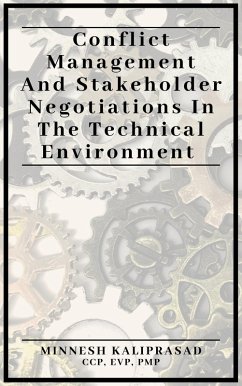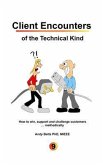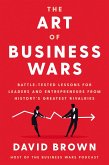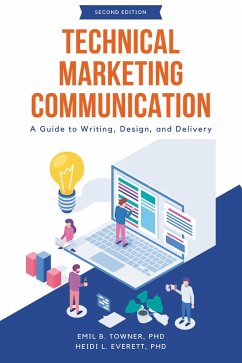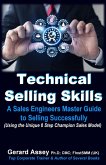In any team working towards a goal there is bound to be conflict. The traditional notion views conflict as being "bad", meaning its presence is undesirable. But constructive conflict can provide opportunities for great new solutions and an engine of social learning. The difference between being bad and providing opportunities depends on the management of conflict. The importance of conflict management is to move a disagreement towards agreement.
Negotiation is unavoidable in the technical environment. By nature this type of environment deals with the utilisation of scarce resources, be it finance, skilled people, the environment or technology.
The process of negotiation will be addressed and ways explored to use the process to achieve agreement to the best advantage of all affected stakeholders and in an efficient manner.
If you have to deal directly with other people, you will, sooner or later, have to deal with conflict in some or other shape or form. Conflict simply stems from differing viewpoints. Since no two people view the world in exactly the same way, disagreement is to be expected in these situations. In fact, anyone who agrees with you all of the time is probably telling you what you want to hear, and not what he or she actually believes.
The reason conflict has generally received such bad press is because of the emotional aspects that come along with it. When there is conflict, it means that there is strong disagreement between two or more individuals. The conflict is usually in relation to interests or ideas that are personally meaningful to either one or both of the parties involved.
Unmanaged conflict can lead to violence and insubordination in the workplace. Notice the use of the word "unmanaged". The key to managing conflict effectively is to learn the skills necessary to become a good conflict manager.
In understanding conflict, one has to explicitly recognise the enormous complexities and difficulties involved. These conflicts often involve many people and organisations, different (often-clashing) identities and cultures, diverse issues, long histories, and past trauma, to name but a few. The complexities should be systematically and intelligently addressed based on psychological complexity, social/institutional complexity, and pathological interactions.
Dysfunctional conflict processes are largely responsible for society's inability to deal with a broad range of social justice, environmental protection, economic development and human problems at various levels.
Negotiation is unavoidable in the technical environment. By nature this type of environment deals with the utilisation of scarce resources, be it finance, skilled people, the environment or technology.
The process of negotiation will be addressed and ways explored to use the process to achieve agreement to the best advantage of all affected stakeholders and in an efficient manner.
If you have to deal directly with other people, you will, sooner or later, have to deal with conflict in some or other shape or form. Conflict simply stems from differing viewpoints. Since no two people view the world in exactly the same way, disagreement is to be expected in these situations. In fact, anyone who agrees with you all of the time is probably telling you what you want to hear, and not what he or she actually believes.
The reason conflict has generally received such bad press is because of the emotional aspects that come along with it. When there is conflict, it means that there is strong disagreement between two or more individuals. The conflict is usually in relation to interests or ideas that are personally meaningful to either one or both of the parties involved.
Unmanaged conflict can lead to violence and insubordination in the workplace. Notice the use of the word "unmanaged". The key to managing conflict effectively is to learn the skills necessary to become a good conflict manager.
In understanding conflict, one has to explicitly recognise the enormous complexities and difficulties involved. These conflicts often involve many people and organisations, different (often-clashing) identities and cultures, diverse issues, long histories, and past trauma, to name but a few. The complexities should be systematically and intelligently addressed based on psychological complexity, social/institutional complexity, and pathological interactions.
Dysfunctional conflict processes are largely responsible for society's inability to deal with a broad range of social justice, environmental protection, economic development and human problems at various levels.
Dieser Download kann aus rechtlichen Gründen nur mit Rechnungsadresse in A, B, CY, CZ, D, DK, EW, E, FIN, F, GR, H, IRL, I, LT, L, LR, M, NL, PL, P, R, S, SLO, SK ausgeliefert werden.

